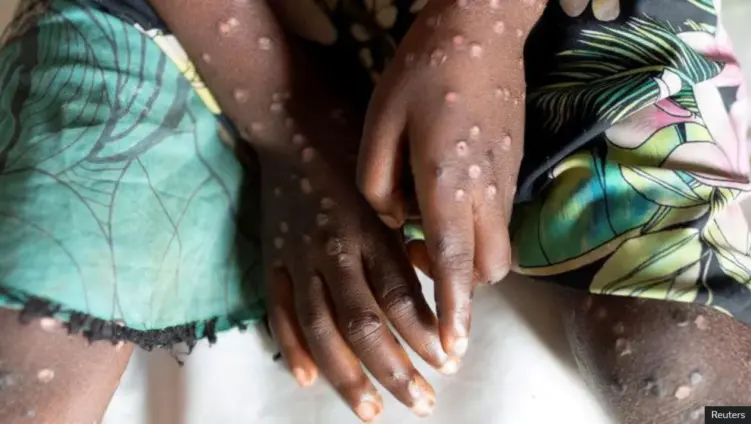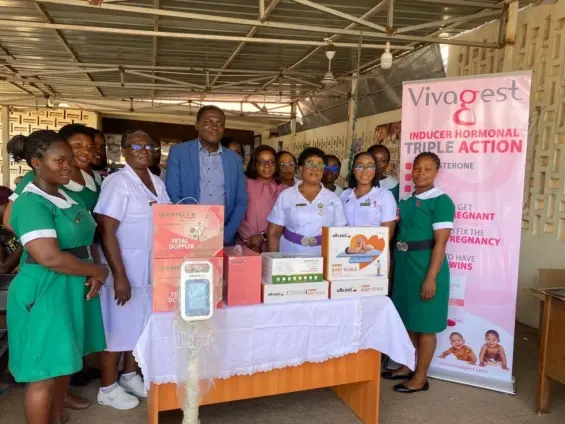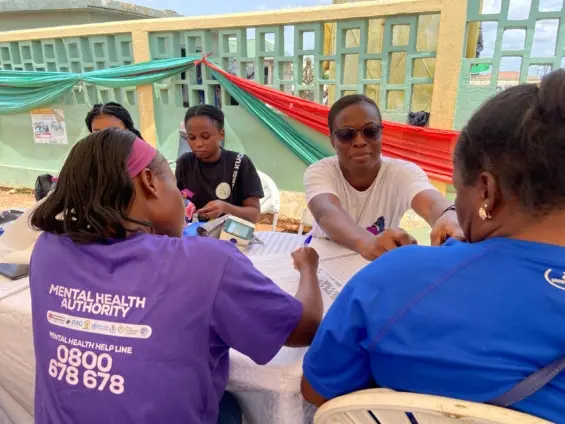Accra woke this week to concerning news from the Ghana Health Service: a rise in Mpox cases. Following an initial report on May 15th, health officials have now confirmed a total of four cases amidst growing public anxiety. The announcement, delivered by GHS Director-General Prof. Samuel Kaba Akoriyea, has triggered a swift response from regional health directorates as they scramble to contain the spread. This recent outbreak marks a significant development, reigniting fears of a wider epidemic after a period of relative calm.
The latest figures reveal that two additional cases have been identified, one in Accra and another in the Western Region. This brings the total to four confirmed Mpox infections across the country in a matter of days. According to Prof. Akoriyea’s statement on Sunday, May 18, 2025, the situation is being monitored closely, with public health protocols immediately activated in the affected regions.
Regional health directorates are currently engaged in intensive contact tracing to identify and isolate potential cases, a critical step in preventing further transmission. However, preliminary assessments have revealed a worrying detail: there appears to be no epidemiological link between the new cases and the initial one reported earlier in the week. This lack of connection suggests multiple, independent sources of infection, underscoring the need for heightened vigilance across the country.
Mpox, a viral zoonotic disease, spreads through close contact with infected individuals, animals, or contaminated materials. Understanding the transmission pathways is crucial for effective prevention. The Ghana Health Service emphasizes that anyone experiencing symptoms consistent with Mpox should seek immediate medical attention. These symptoms include a characteristic rash, fever, headache, muscle aches, back pain, low energy, and swollen lymph nodes. Early detection and isolation are essential to curbing the spread of the virus.
Ghana’s experience with Mpox is relatively recent. The first outbreak began on June 8, 2022, with an initial cluster of five cases. By November 2023, the number had risen to 34 confirmed infections. Prior to 2022, Mpox was not considered endemic in Ghana, making the current resurgence all the more concerning. A recent circular issued by the Director-General of the Ghana Health Service calls for renewed efforts in detection and response strategies, signaling a commitment to containing the current outbreak.
Mpox is a viral illness belonging to the same family as smallpox. Symptoms typically include fever, swollen lymph nodes, and the distinctive rash that characterizes the disease. Transmission occurs through direct contact, including sexual contact, highlighting the importance of practicing safe hygiene and avoiding close contact with individuals exhibiting symptoms.
The global context of Mpox is also a cause for concern. As of March 2025, more than 24,200 cases and approximately 260 deaths have been recorded across 22 countries in Africa, with the Democratic Republic of the Congo being the most severely affected. This underscores the importance of international collaboration and vigilance in monitoring and responding to outbreaks.
The confirmation of new Mpox cases in Ghana serves as a stark reminder of the ongoing threat posed by infectious diseases. The Ghana Health Service stresses that vigilance, early detection, and prompt action are paramount in controlling the spread. By staying informed about the symptoms and transmission methods, and by adhering to public health guidelines, individuals can play a vital role in protecting themselves and their communities. The Ministry of Health and the Ghana Health Service will continue to provide updates as the situation evolves, emphasizing the importance of early detection and responsible action in managing Mpox effectively.
Image Source: MYJOYONLINE





















